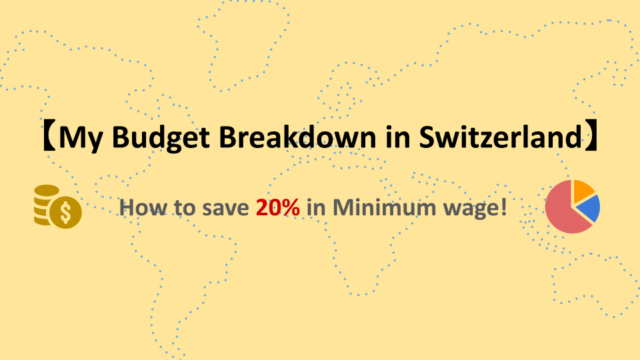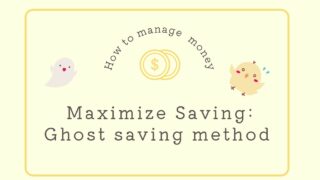Transform Your Financial Life: Slash Costs and Boost Wealth

Revising Expenses: Let’s remind ourselves of the purpose of household accounting. Why do we keep track of our expenses? Please remember your goal: to reduce financial anxiety, achieve savings for an ideal lifestyle, or prepare for children. It depends on you, but keep your goal in mind when you track your expenses.
After you grasp your current expenses by tracking them separately as ‘Basic expenses’ and ‘Comfortable expenses,’ we can start to improve our way of spending money to make us happier. Let’s start together!
- Reevaluate ‘Basic expenses’ to boost up saving.
- Optimise ‘Comfortable expenses’ smartly by understanding what you make you happy.
- Summary
Reevaluate ‘Basic expenses’ to boost up saving
Let’s reevaluate your minimum living expenses. Which lifestyle reduces anxiety more: living on 24,000 euros vs. 12,000 euros per year? Lowering costs makes it easier to live off asset income and can allow minimal work, improving mental health. This approach can also revive dreams, like pursuing a career as a dancer💃.
Reduce ‘Fixed Costs’ in Basic Expenses: Among our basic expenses, ‘Fixed Costs’ represent significant expenditures such as rent that we have to pay at a constant rate. They may seem like a huge burden, but if we manage them wisely, we can improve our savings automatically without stress. Why? Because once you revise your fixed costs, you no longer have to think about saving on a daily basis such as food costs!
Here’s example of reduce fixed expenses:
- Rent: Moving less expensive apartment, living with someone together.
- Internet: Change to discount SIM card.
- Subscription: Cancel unnecessary subscriptions.
- Car: If you don’t use car daily basis, release it and rent only when you need.
Optimise ‘Comfortable expenses’ smartly
by understanding what you make you happy.
Evaluate Comfortable Expenses: Let’s write down comfortable expenses to visualise and question their value:
- Does it make you happy or is it a waste?
- Does it fulfill you or is it a forgettable expense?
Example:
- Happy expense: Dining out with friends
- Wasteful expense: Unnecessary snacks which you forget next day
Expenses not based on your own will: We think we use all expenses based on our own will. However, we have expenses not based on our own will as following.
- Expenses controlled by your partner or family member that you don’t agree with.
- Expenses that you want to stop but cannot, such as addictive ones (tobacco, gambling, alcohol, snacks, and etc..).
- Items you bought just to show off.
- Payments made long after the decision (such as loan).
We feel good when we use money based on our own will: To feel comfortable financially, it’s important to understand the ratio of expenses that are not based on our will and work to reduce them. For example:
- Understand how much of your expenses are not based on your will.
- Talk with your partner or family about how to use money.
- Review the expenses that you want to stop but cannot.
- Don’t take loans or buy things you cannot afford at the moment.
- Have a portion of your budget that you can use freely every month.
Summary
- Reevaluating and reducing fixed costs can lower living expenses and improve mental health by minimising daily financial stress.
- Optimise ‘Comfortable Expenses’ by asking yourself:
Does it make you happy or is it a waste?
Does it fulfill you or is it a forgettable expense? - Reduce expenses that are not based on your will and repurpose them into a free budget to increase your freedom of choice.









